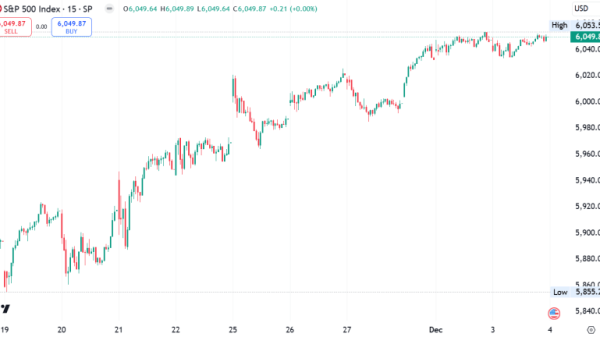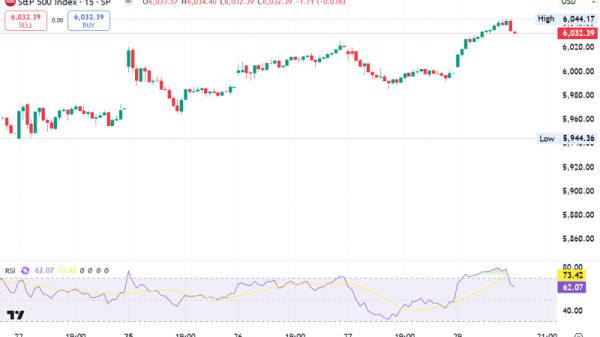By Maria Martinez
BERLIN (Reuters) – A new government beckons in Germany after the implosion of its ruling coalition, but it will face the same question: whether to allow higher public borrowing to prop up the flagging economy.
Current polling suggests that, whatever the shape of that government, the conservative Christian Democrats (CDU) will be the largest party in it. That puts its leader, Friedrich Merz, in poll position to become chancellor.
The following outlines Merz’s stance on Germany’s self-imposed borrowing limit, known as the “debt brake”, and the options he would have should he lead Germany’s next government.
WHAT IS MERZ’S STANCE ON THE DEBT BRAKE?
Merz has always said Germany should stick with the constitutionally enshrined debt brake, which limits public deficits to 0.35% of gross domestic product and was introduced by his party in 2009 under then Chancellor Angela Merkel.
However, he has set two prerequisites for discussing a potential reform: having conditions for the money to be invested in pro-growth programs and controlling social welfare spending.
“If we get the overall concept under control, then we can talk about reforming the debt brake, but not about abolishing it,” he said last week.
WHAT IS THE VIEW WITHIN HIS CDU PARTY?
Critics of the debt brake say it has held Germany back from investing in much-needed infrastructure improvements and contributed to its current economic decline.
Within the CDU, the debate was reopened this year by Kai Wegner, the conservative mayor of Berlin. Several powerful CDU leaders from other regional governments have joined the push for reform because the states are also constrained by the debt brake.
The CDU says it is not currently planning to change its position on the debt brake. But pressure is building within the party, with CDU state premiers pushing Merz to include reform plans in the election program in recent party meetings.
WHAT IS THE POSITION OF THE OTHER PARTIES?
Any change to the debt brake requires a two-thirds majority in the upper and lower houses of parliament.
The pro-business Free Democrats of recently ousted finance minister Christian Lindner have always been fierce defenders of the debt brake. The far-right AfD, which is polling in second place after the CDU, also opposes any reform.
Votes in favour of reform from the two parties in the now-minority government of the Social Democrats (SPD) and the Greens would not be enough. Germany’s new leftist populist party, the Sahra Wagenknecht Alliance (BSW), supports the reform.
Together, these parties would have 64% of the votes, according to an INSA poll published on Saturday after the coalition break-up, being short of the two-thirds majority needed. If the CDU changes its line, that would be the decisive factor which tips the balance in favour of reform.
WHAT ARE THE OTHER OPTIONS?
One option is to suspend the debt brake citing special circumstances. Germany reimposed the debt brake in 2024 after four years in which it was suspended to allow extra spending due to the coronavirus pandemic and the energy crisis following Russia’s invasion of Ukraine.
Another option would be off-budget funds to comply with the debt ceiling for financing Germany’s fiscal needs. Germany currently has 29 special funds at the federal level, worth a total of 869 billion euros ($925.75 billion) according to the independent auditing institution Bundesrechnungshof. However, a two-thirds majority would also be required to create one of these funds.
($1 = 0.9387 euros)




































